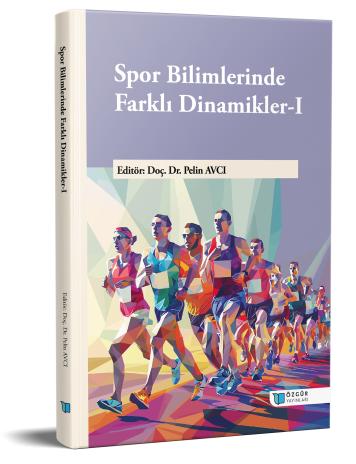
Oxidative Stress and Muscle Damage Associated With Rapid Body Weight Loss in Weight Athletes
Chapter from the book:
Avcı,
P.
(ed.)
2024.
Different Dynamics in Sport Sciences-I.
Synopsis
Athletes competing in weight-sports can usually successfully control their body weight with or without the help of a dietitian until the time of competition. However, athletes who cannot control their body weight or who want to compete in a lower-weight category apply to methods of reducing their body weight by an average of 5% three to five days before the competition date. These practices usually involve periodic fasting, fluid restriction, skipping meals, wearing plastic clothing to increase sweating, or exercising in saunas or hot environments. Athletes often use one or more of these methods simultaneously, based on very low-calorie nutrition, dehydration, and high-intensity exercise.
The majority of methods employed for rapid body weight loss have the potential to induce a range of adverse effects, including muscle damage, disruption to the metabolic process and irregularities in the immune system, which can ultimately impact an individual's performance in competitive settings. The prevailing view in the literature is that the most probable mechanism explaining muscle damage is oxidative stress. Therefore, both should be evaluated together. This study includes information and research examples on rapid body weight loss in weight-sports and the oxidative stress and muscle damage that occur during this process.

